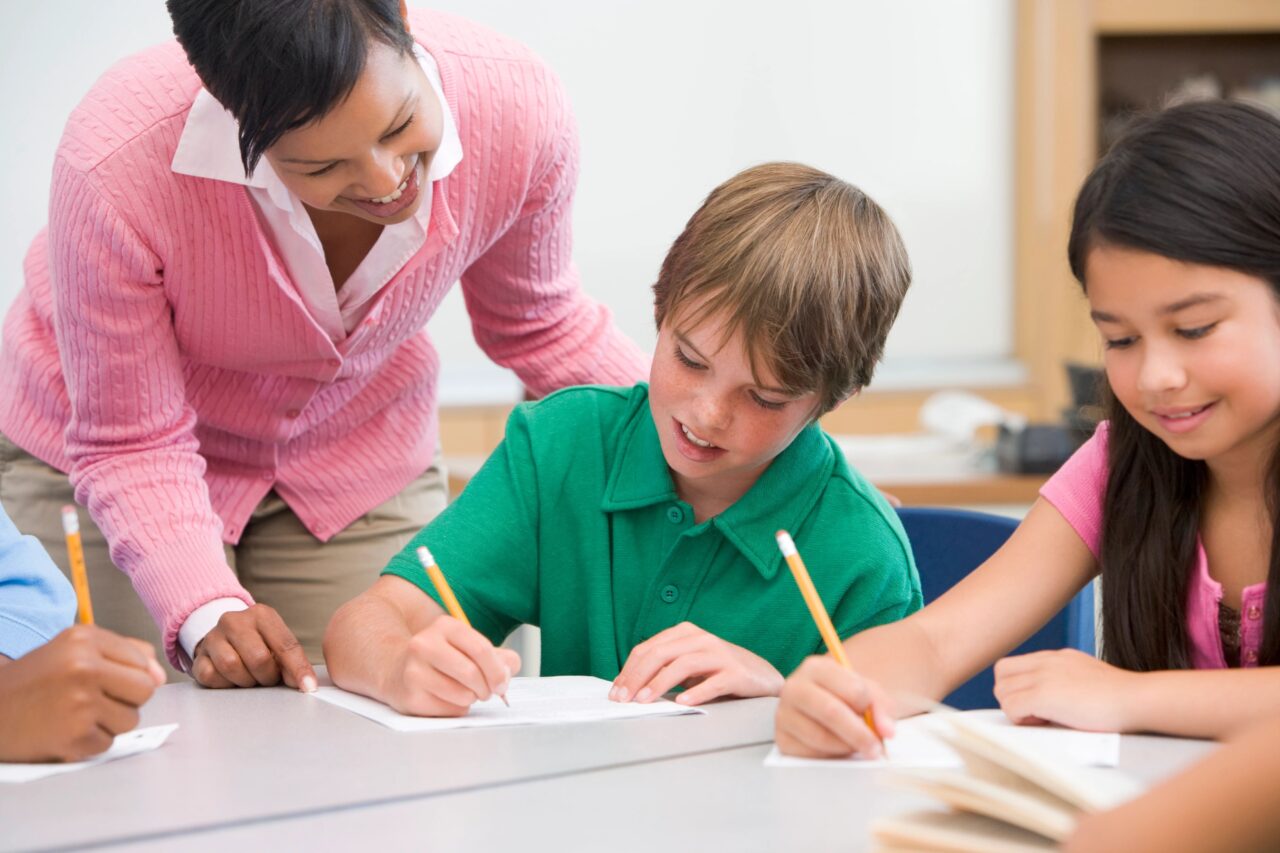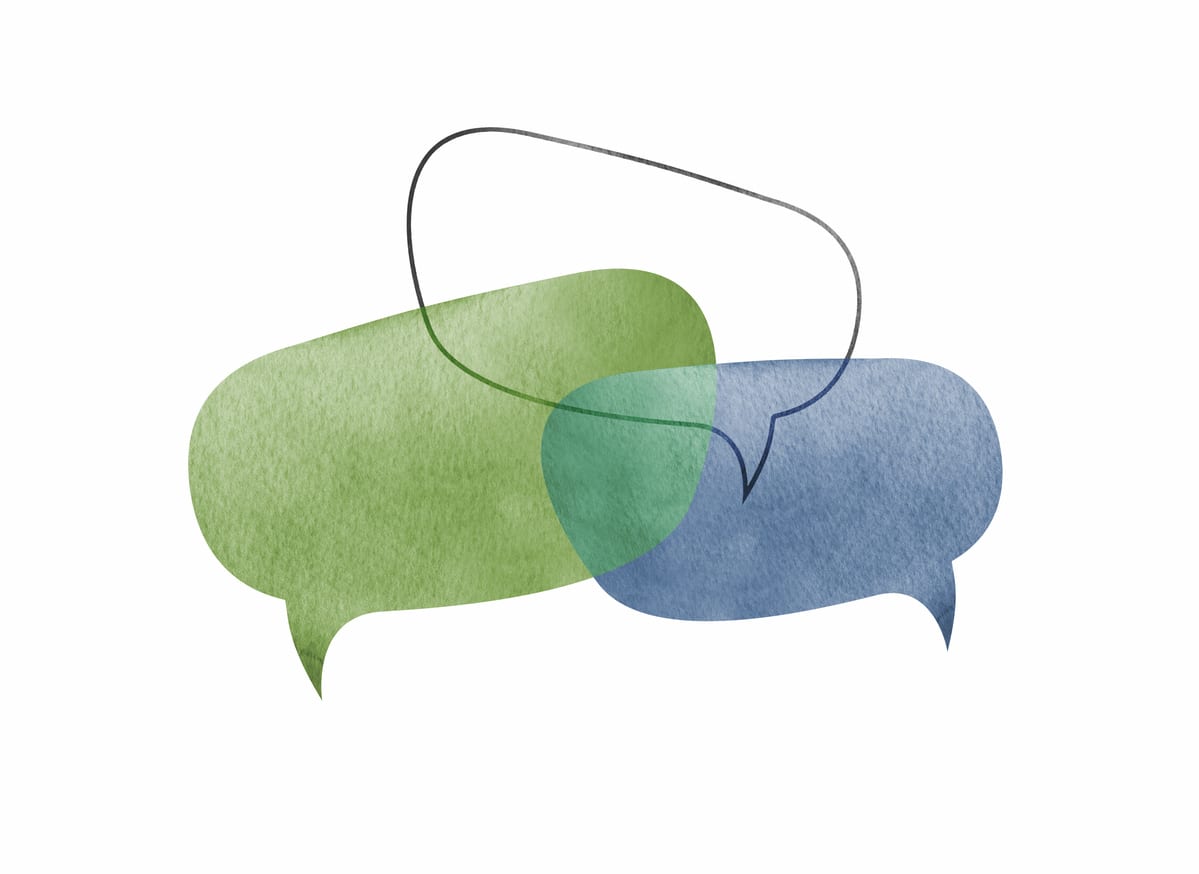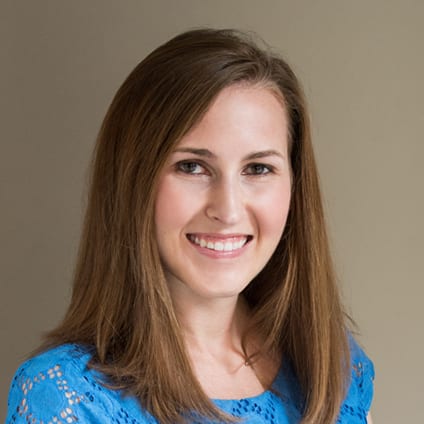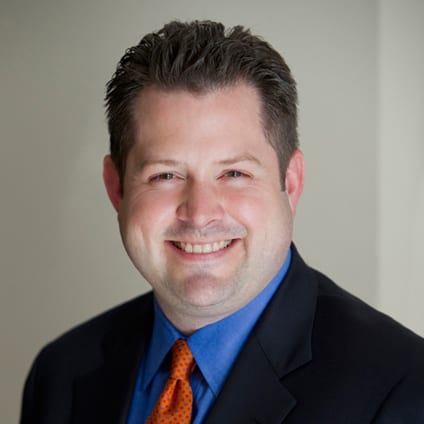Care Newsletter
Care and Support Updates
Updates on the latest clinical offerings from our centers in New York City and the San Francisco Bay Area.
June 27, 2024

FOR CAREGIVERS
Developing Social Communication Skills in Children
|
|
|
|

FOR EDUCATORS
Supporting Neurodiverse Students
Neurodiversity refers to kids whose brains function differently from those of neurotypical children. And it can come in many forms, such as learning disorders, ADHD, autism spectrum disorder, or sensory processing issues. While neurodivergent students may possess unique strengths — such as exceptional memorization skills or hyper-focus abilities — they often require additional support from teachers, counselors, administrators, and support staff in the school to excel academically and socially.
Three fundamental areas where neurodivergent students tend to need help are behavioral issues, social challenges, and executive functioning.

FOR CLINICIANS
Speech and Language Service
At all ages and developmental stages, a speech and language disorder can severely undermine a child’s ability to communicate wants and needs effectively, succeed in social and academic settings and develop relationships. A child’s ability to communicate effectively contributes in no small part to overall mental health. Our Speech and Language Service offers evaluation and treatment for children with a range of communication disorders.

CLINICIAN SPOTLIGHT
Margaret Dyson, PhD, is the Director of the Social Group Therapy Program, training coordinator, and a psychologist in the Autism Center at the Child Mind Institute.
Clinical Programs
The Child Mind Institute’s clinical programs provide evidence-based services targeting specific skills in a tailored environment.
Interested in More Content Like This?
Sign up to get weekly resources like this delivered to your inbox.

